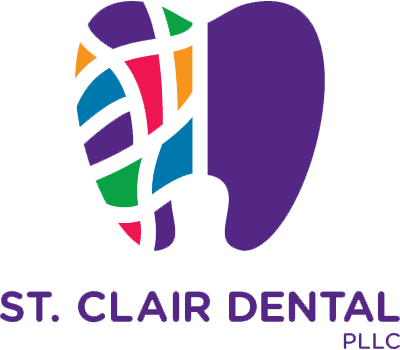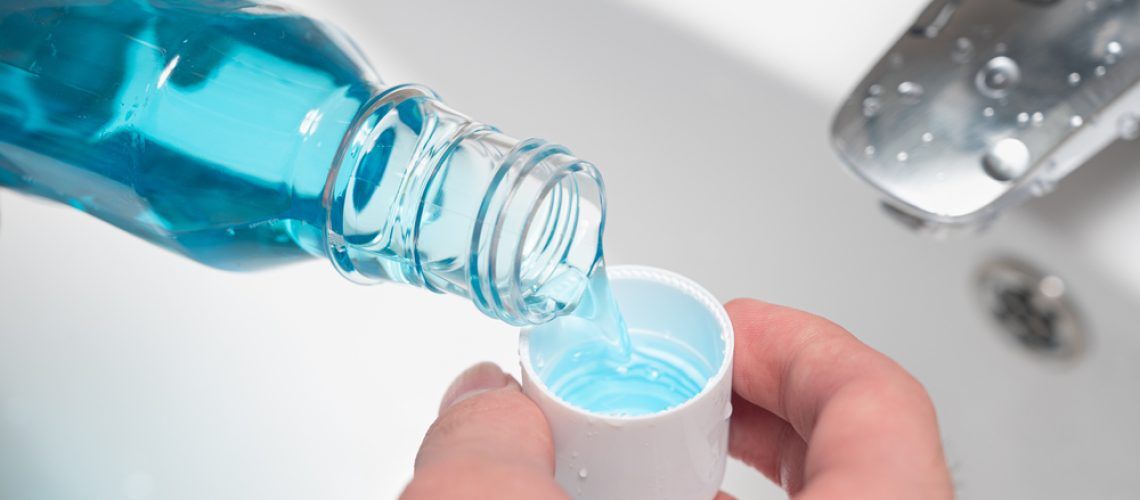When it comes to oral hygiene, mouthwash is often seen as a sidekick to brushing and flossing, but at St. Clair Dental in Granbury, TX, Dr. Maureen Karl emphasizes its importance in a comprehensive oral care routine. This 650-word blog delves into the various facets of mouthwash, explaining its benefits and the appropriate times for its use.
The Essence of Mouthwash in Oral Hygiene
Mouthwash, also known as oral rinse, plays a multifaceted role in oral health. It’s not just about freshening breath; it serves several other purposes:
- Reducing Bacteria: Mouthwash can significantly lower the bacterial load in the mouth, contributing to a healthier oral environment.
- Preventing Plaque Build-Up: Regular use of mouthwash helps in preventing plaque formation, a key factor in maintaining oral health.
- Enhancing Gum Health: Certain types of mouthwashes are formulated to strengthen gums, preventing gingivitis and other gum diseases.
Types of Mouthwash: Choosing What’s Right for You
There’s a wide array of mouthwashes available, each designed to cater to specific needs:
- Cosmetic Mouthwashes: Primarily aimed at freshening breath and providing a clean feeling. While they temporarily address bad breath, they don’t offer long-term dental health benefits.
- Therapeutic Mouthwashes: These contain active ingredients like fluoride, chlorhexidine, or cetylpyridinium chloride, which contribute to reducing bacteria, plaque, gingivitis, and tooth decay. They are an excellent adjunct to brushing and flossing, especially for patients considering treatments such as Teeth Whitening or those with Composite Tooth-Colored Fillings.
When and How to Use Mouthwash
Knowing when and how to use mouthwash effectively is key to reaping its benefits:
- Timing: The ideal time to use mouthwash isn’t immediately after brushing, as it can wash away the concentrated fluoride in the toothpaste. Instead, consider using it at a different time, perhaps after lunch, to keep your breath fresh throughout the day.
- Duration: Swish the mouthwash around in your mouth for about 30 seconds to a minute, ensuring it reaches all areas.
- Frequency: Follow the instructions on the label, but generally, twice a day is recommended for the best results.
Complementing Dental Procedures with Mouthwash
Mouthwash can also play a supportive role in various dental treatments offered at St. Clair Dental:
- Post-Teeth Whitening Care: Using a mouthwash after undergoing a Teeth Whitening treatment can help maintain oral hygiene and prolong the effects of the treatment.
- Orthodontic Care: For those with braces or undergoing Invisalign treatment, mouthwash can be an effective way to keep the mouth clean, as it reaches areas that are hard to brush.
- After Dental Surgery: Patients who have undergone procedures like Dental Implants or Root Canals can benefit from using a therapeutic mouthwash to keep the area clean and aid in healing.
A Word of Caution
While mouthwash is a beneficial addition to oral hygiene practices, it is not a substitute for brushing and flossing. Also, it’s important to choose alcohol-free mouthwashes, especially for those who are prone to dry mouth.
Mouthwash as a Vital Tool in Oral Health
Incorporating mouthwash into your daily oral hygiene routine can significantly benefit your overall oral health. At St. Clair Dental, Dr. Maureen Karl can provide personalized recommendations on the best type of mouthwash for your specific needs. For more information or to schedule an appointment, contact us at 817-910-2880. Elevate your oral care routine with the right mouthwash and maintain a healthy, radiant smile!
Sources
- Journal of Dental Hygiene: Research on the effectiveness of different types of mouthwash.
- American Dental Association’s guidelines on the use of mouthwash in oral hygiene.

